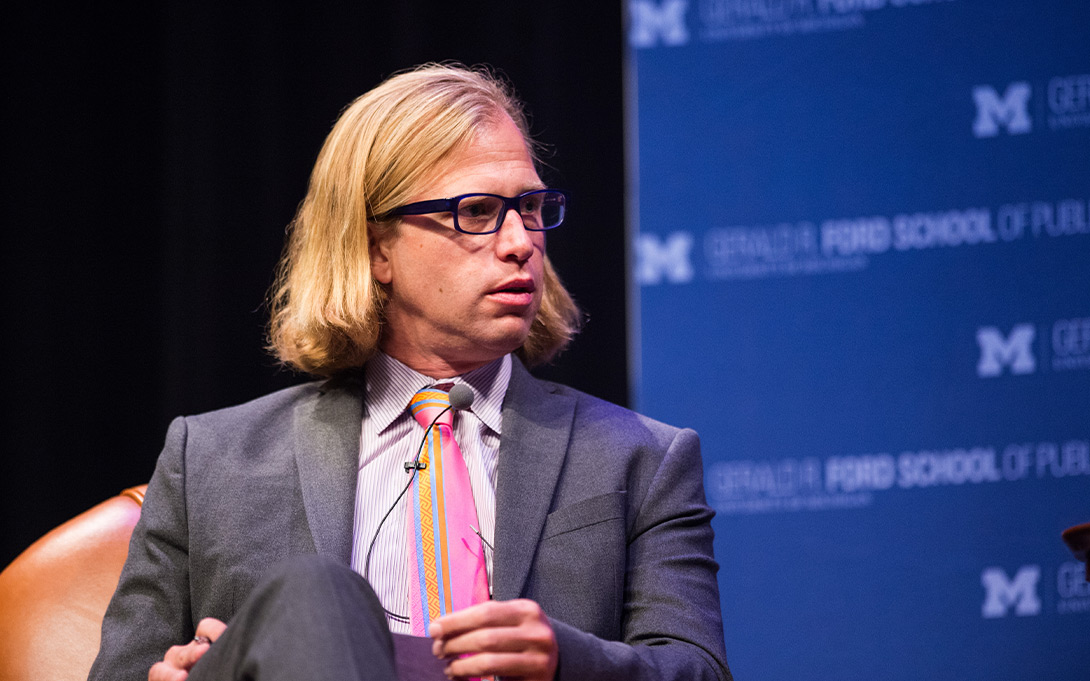
Following the release of the November jobs report, Justin Wolfers, professor of public policy and economics, broke down what it means in an op-ed in The New York Times.
"This chill in employment might lead one to conclude the economy’s too cold, while the record numbers of people quitting their jobs might suggest that it’s too hot," Wolfers analyzes in his piece, "The Great Resignation Won’t Last Forever". "And even if the unemployment rate isn’t quite where it should be in a healthy economy, an improving trend suggests that it soon will be."
The pandemic's effect on the economy has been unprecedented.
"When jobs become scarce, workers usually grow anxious and fearful about their prospects for employment," Wolfers wrote. "This fear might lead them to take whatever work they can find and scare those who have jobs from quitting. But a pandemic downturn is different. Think of it more as a reboot than a recession."
Because of the unique situation, there is a certain sense of optimism among workers, Wolfers explains, citing evidence from Conference Board surveys. This optimism has confounded economists, but explains why workers aren't rushing to get back to work — they have confidence that good jobs are and will be available.
"Of course, this isn’t the whole story," Wolfers writes. "The pandemic has made working life harder and less safe in countless ways. And because workers spent less last year even as the government sent out checks to keep them afloat, many more households now have the funds to get by for a few months without work. Workers, then, have the means, the motive and the opportunity to be patient."
This patience is forcing employers to offer competitive wages and benefits.
"This points to a rather intriguing possibility: Perhaps the expectation that workers will be able to get a better deal in the future is creating the reality that they’re getting a better deal today."
Read the entirety of Wolfers' piece here.

